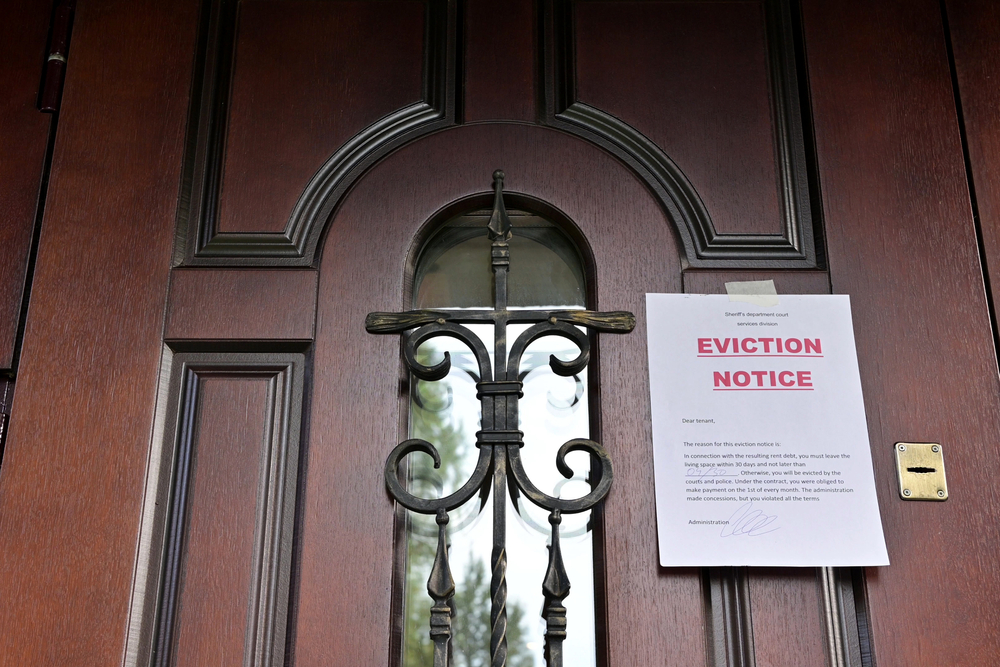Here are some ways to ensure you keep a roof over your head until you fully fix your finances.
Many lost income and jobs due to the coronavirus pandemic. And even though an eviction moratorium and other protections helped them stay in their homes, most of those have expired.
If you find yourself scrambling for housing since you lost yours due to the pandemic, here are some of your options.

2023
Tax Forgiveness
We know how challenging it can be to pay off your tax debt.
The IRS just announced the 2023 Fresh Start Program, to qualify more people for tax relief!
1. Find local programs that offer emergency rental assistance.
A local program from your city, county, or state could help you get caught up with the following housing-related expenses:
- Missed rent payments
- Future rent payments
- Moving expenses
- Security deposits
- Rental application fees
- Screening or background check fees
- Motel/hotel bills
- Unpaid utilities
To find such rental assistance programs that can help solve several financial issues at once, go here.
2. Apply for subsidized housing.
Emergency rental assistance can give you short-term housing help. But to ensure you don’t run into similar problems in the future, you should apply for subsidized housing.
Several programs offer subsidized housing, with Section 8 being the most popular. If you qualify for a housing voucher, you could limit your monthly rent costs to 30 percent of your income versus 50 percent like many low-income families spend.
To find subsidized housing options near you, go here and find your local Public Housing Agency.
3. Find temporary housing.
Emergency rental assistance may take some time to secure, and subsidized housing can take even longer. In the meantime, you’ll need to find safe temporary housing, so you have a place to sleep at night.
Your best bet is to ask for help from family or friends. If someone has room in their home, ask if you can stay there for the time being until emergency rental assistance or subsidized housing comes through. If family or friends are not an option, look for a shelter in your area. Your local public library can often offer help here, but you can also search for shelters linked to the federal government by visiting this link.
Other options for finding shelters include charities like the Salvation Army or Catholic Charities. If you have no luck there, give 211 a call and ask for emergency rental assistance and local shelters. The local operator should know of such places in your location.
There are other helpful options if you are unable to find a shelter. Some cities offer facilities for the homeless that provide bathrooms, showers, and warming centers. If you need to sleep in your car, your city may have a special area where you can do so safely. To find such locations, contact your local social services agency.
While making these moves may seem like a lot of work, they are necessary for at least staying on your feet temporarily until things get better. By getting your housing situation fixed, you’ll have an easier time fixing your finances.




